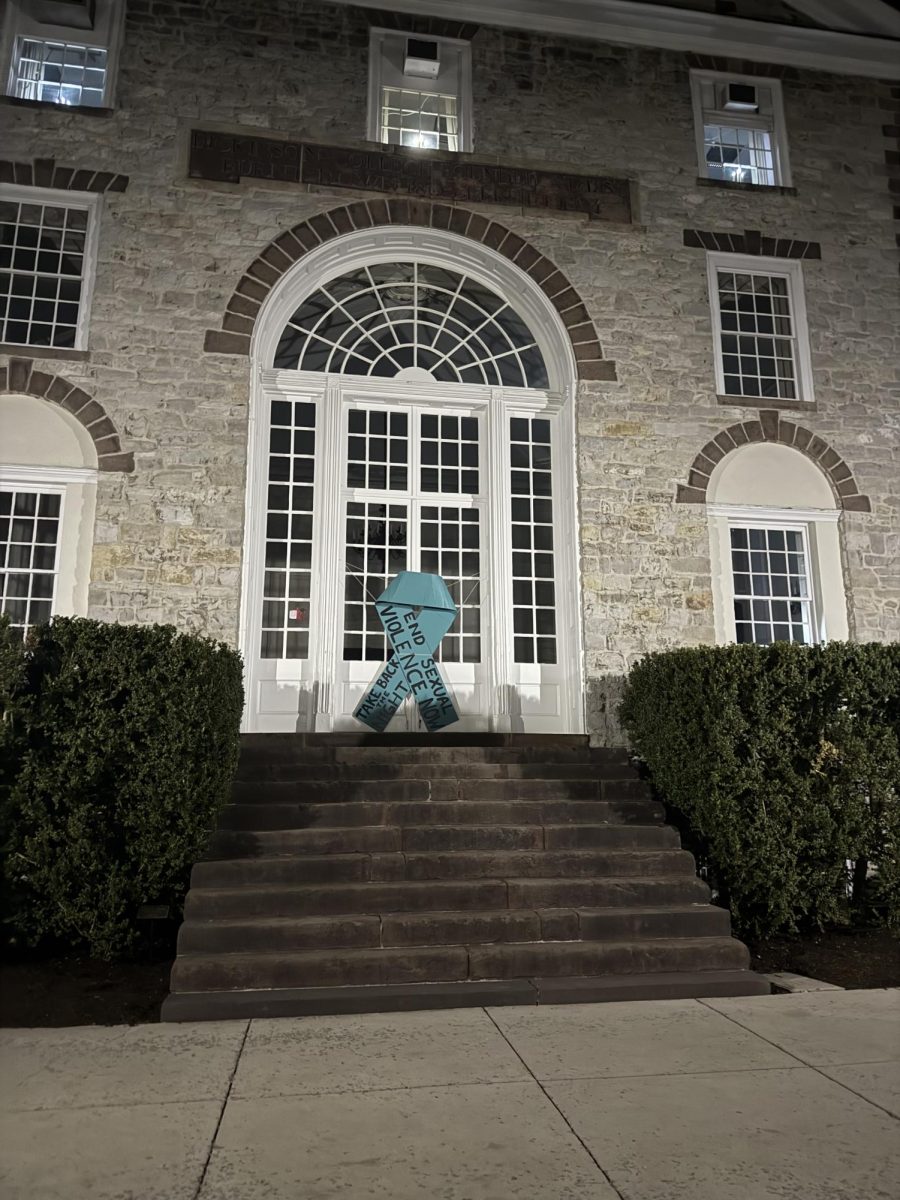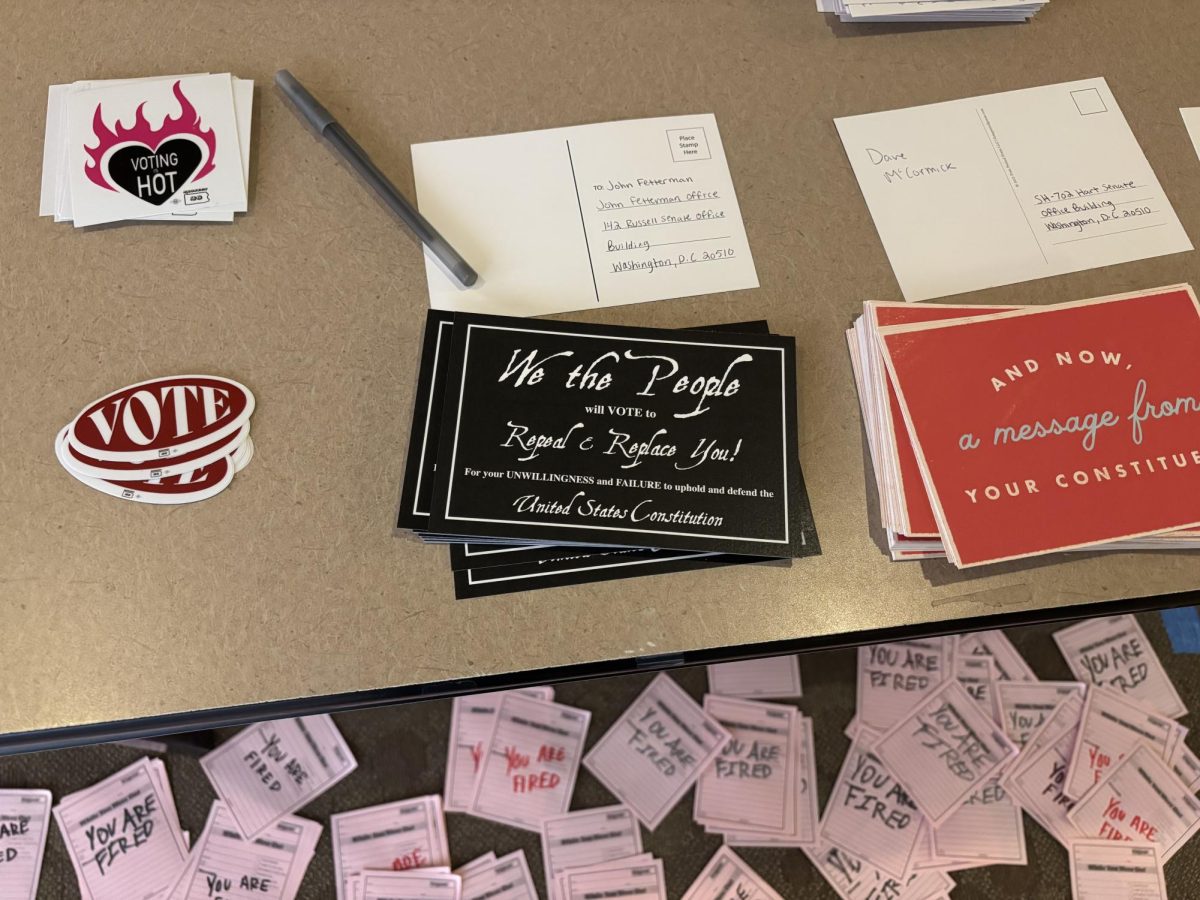As Ramadan approaches, I and other Muslim students always look forward to this sacred month. Ramadan marks the month in the Islamic calendar that the angel Jibreel (or Gabriel) revealed the first chapters of the Quran to the Prophet Muhammad (peace be upon him) and is a time of reflection, growth, and joy.
From March 10 to April 9 this year (Ramadan 1 to Ramadan 30 in the Islamic Hijri calendar), Muslims observe Ramadan by fasting, reading the Quran, learning about the life of Muhammad (peace be upon him), picking up good habits, and abandoning bad habits. Muslims also fast from before sunrise to sunset, but fasting is more than just not eating and drinking; it asks Muslims to discipline themselves, grow, and focus more on their connection to their Creator. Muslims are encouraged to re-read the Quran over the course of the month. We are also encouraged to give charity (called “zakat”) and increase and better our prayer.
In the early morning, before we begin our fast, we have a meal called “suhoor” or “sehri.” Ideally, this early morning meal should be light but nutrient-dense. Students can request a suhoor bag from Dickinson by contacting MECCA President Rahma Semma through her Dickinson email.
When it’s time to break our fast, we have the evening meal “iftar.” Usually, Muslims break their fast with an odd number of dates and some water, pray Maghrib, and then enjoy a full-course meal. Iftars are often very social events where the community can come together over a meal, sometimes inviting the less fortunate to join as a form of charity.
Alongside the five prayers Muslims typically perform throughout the day, we also perform a special prayer late in the night called “tarawih,”, coming from “tarwayha,” the Arabic word for rest. There is a difference in how many rakat (set of movements in prayer) should be performed during tarawih; some perform eight, others 20, and others 36. Every four rakat, we take a small break to drink water or have a breather, hence the name “tarawih.” Sometimes Muslims pray tarawih alone, but doing so in congregation is preferred because of the greater rewards from Allah (Subhanu wa ta’ala) and a stronger connection to their community.
Of all the nights of Ramadan, many Muslims look forward to Laylatul Qadr the most. Layaltul Qadr, or “The Night of Power” is extremely significant. A night of prayer during Laylatul Qadr is said to be better than a thousand nights of prayer, so during this time we pray to God for the Muslim community as well as friends and family. It is during the last 10 nights of the month, especially during the odd nights (21, 23, 25, 29 of Ramadan, corresponding to March 31 and April 2, 4 ,6, and 8.
After Ramadan comes Eid-al-Fitr, a celebration of the completion of Ramadan with all its growth. From the evening of April 9 to the evening of April 12, (Shawwal 1-3 on the Hijri calendar) fasting is impermissible. Muslims pray together, hoping that the new habits they developed stick and the bad ones they dropped aren’t picked up again. The Islamic world is nothing if not multicultural, so celebrations vary widely, but there are a few common elements: prayer, eating well, connecting with loved ones, and gifts.
Many of my non-Muslim friends have asked me how they can show respect to their Muslim peers. Here are a few things to keep in mind:
Come to Ramadan and Eid related events! MECCA, in collaboration with the South Asian Culture club, is holding a Chaand Raat celebration to commemorate the start of Eid in the Stern Great Room on April 9 at 7:45. There will be food, henna, and chances to connect to the community. Don’t be scared to ask questions—these events are learning opportunities. Your curiosity and excitement are welcome.
If you want to wish someone a happy Ramadan or happy Eid-al-Fitr, you can say “Ramadan/Eid mubarak” or “Ramadan/Eid kareem,” both meaning “have a blessed Ramadan/Eid.”
If you’re organizing an event with food involved, have it after sunset so Muslims can eat. Remember not to offer Muslims food or drink during fast hours, since we might absentmindedly break our fast.
Whether you’re observing or not, I hope this Ramadan will be one of learning, light, and growth. Ramadan kareem!






